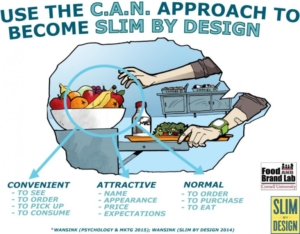Research from the Food and Brand Lab at Cornell University indicates that watching sad movies can fuel emotional eating, leading you to eat significantly more than what you would have eaten watching a comedy.
In the study, participants were assigned to either watch Love Story, a melancholic tragedy, or Sweet Home Alabama, a romantic comedy. The researchers found that participants who watched Love Story ate 28% more popcorn than those who watched Sweet Home Alabama.
These results have also been replicated in real movie theaters, by comparing dumpster diving analyses of discarded movie popcorn. After weighing and counting popcorn boxes left behind, the researchers found that those who had watched the sad movie, Solaris, on average had eaten 55% more popcorn than those who had watched the comedy, My Big Fat Greek Wedding.
An earlier study from the Food and Brand Lab at Cornell also showed similar results when comparing action movies and comedies. They analyzed the participants’ eating patterns when either watching the action movie, The Island, or when watching the comedy Charlie Rose Show, and found that the subjects ate almost twice as much while watching the action movie compared to the comedy.
“With action movies, people seem to eat to the pace of the movie,” Dr. Aner Tal, Cornell researcher and co-author, said. “But movies can also generate emotional eating, and people may eat to compensate for sadness.”
However, if you’re a big fan of sad movies, no need to fret; this effect was only apparent when the food was within arm’s reach! “Keep snacks out of arm’s reach, ideally leave them in the kitchen, and only bring to the couch what you intend to eat, like vegetables”, Wansink suggests. “It’s easier to become slim by design than slim by willpower.”
Read more about the study here!

